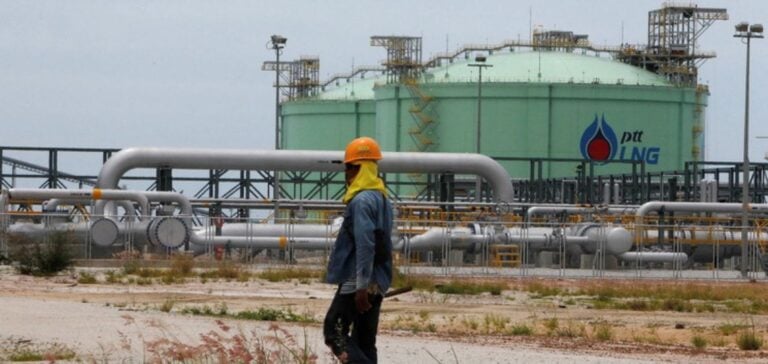Thailand launched 14 LNG tenders in the first quarter of 2024, a clear sign of rising gas consumption. PTT, Thailand’s major oil and gas player, has issued 10 tenders alone for a total of 27 cargoes between February and June 2024. This change in PTT’s purchasing strategy indicates a focus on immediate needs, departing from the trend in 2023 when tenders targeted eight-month cargoes.
Impact of climatic conditions
Hot, dry weather conditions are the main reason for the increase in Thai buyer activity in the first quarter of 2024. For similar reasons, the country had seen an increase in gas demand in 2023. Thailand’s Meteorological Department has warned of high temperatures, particularly in the northern and central regions, reaching 40 degrees Celsius. These above-average temperatures, accompanied by below-normal rainfall, are boosting demand for gas-generated electricity, highlighting the country’s dependence on LNG imports.
Factors influencing the market
Low spot prices, compared with the previous year, stimulated this increased activity in a price-sensitive Thai market. The Electricity Generating Authority of Thailand (EGAT), which usually begins purchasing on the spot market around mid-year, anticipated this by launching four tenders in the first quarter. Although March bids were not accepted due to high prices, the active search for cargoes on the spot market continues.
Industry responses
Faced with this rise in demand, PTT Exploration and Production (PTTEP) increased gas production from its G1/61 project to 800 MMcf/d. However, this may not be enough to cover the increased demand due to the weather, leaving Thailand dependent on LNG imports. Analysts at S&P Global forecast that Thailand will import 11 million tonnes of LNG in 2024, slightly less than in 2023.
Vietnam is also witnessing increased activity in the LNG market, with two tenders due in early 2024. Faced with a heat wave and droughts, the country anticipates a drop in hydroelectric production and increased gas consumption, demonstrating the climate challenges shared by the region.






















